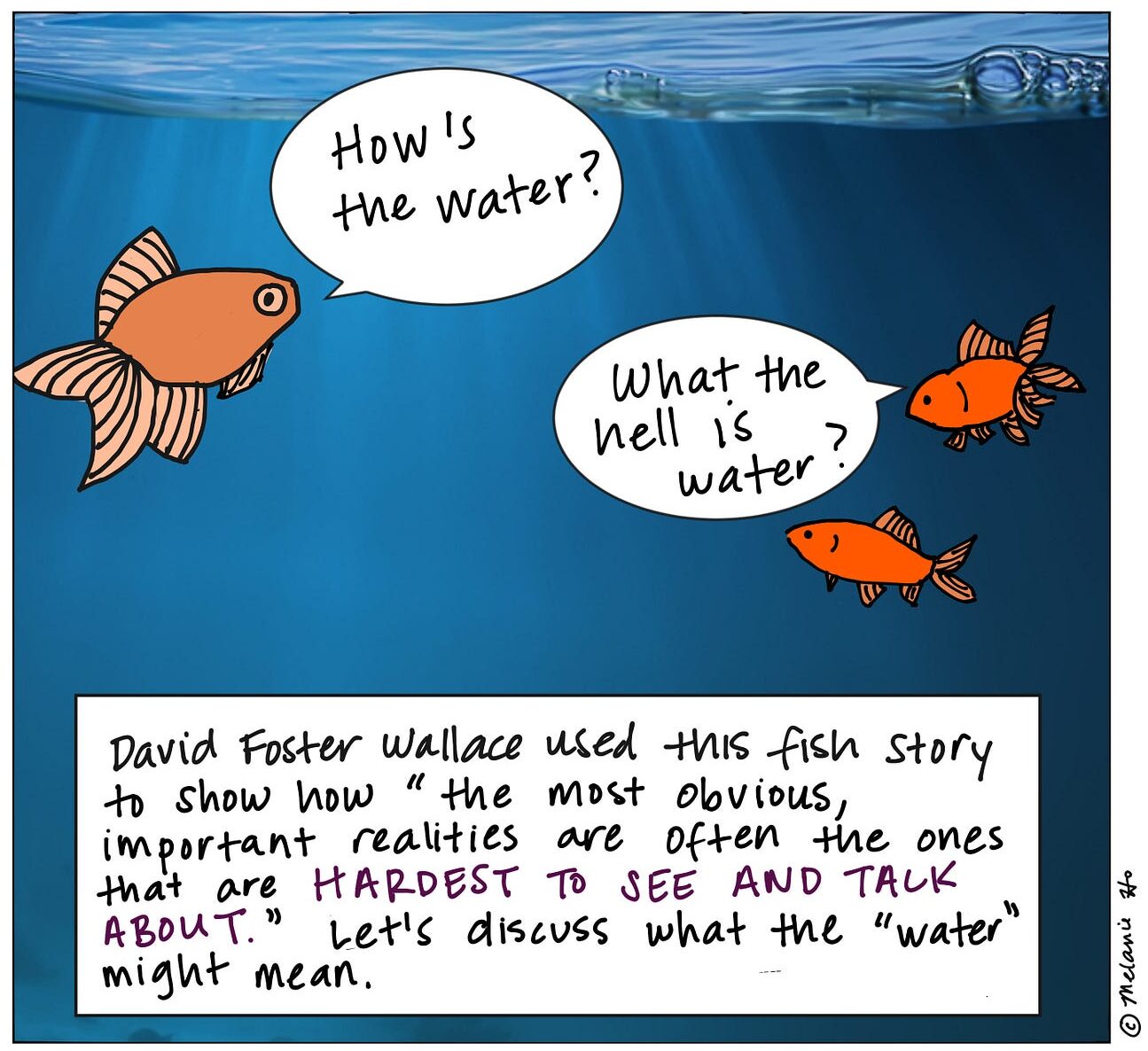News
Melanie Ho discusses art as a way of understanding women’s experience in the workplace

Melanie Ho speaks to a crowd of students about women’s experiences in the workplace. (Isabella Diaz-Mira | Student Life)
Melanie Ho, author and professional speaker, gave a talk as this month’s Gender Equity Month Keynote Speaker about women’s professional experience in the workplace based on her award-winning book “Beyond Leaning In,” March 26.
The event, organized by the Office of the Provost, had an in-person audience of about 40 people in addition to around 100 people who registered to view the event virtually.
The phrase “Lean In” refers to the phrase coined by author Sheryl Sandberg to show how women need to raise their hands, take up space, and be louder. Ho said that she used this mindset to build her confidence before asking for a promotion or raise in the workplace.
However, according to Ho, this idea has been weaponized against women in the workplace as a “sound bite,” or an easy way to disregard the systematic and cultural barriers that make it harder for women to “lean in.” The phrase also ignores the unequal rewards and punishments women face when they do speak up, according to Ho.
“It’s two words, and those two words were an easy way to say any time a challenge related to women came up in my workplace. What [corporate bosses] kept saying was ‘here’s the answer: lean in! Let’s give the women some confidence training, some assertiveness training,’” Ho said.
According to Ho, important topics like gender equity create what she calls “emotion soup,” or a mix of emotions based on past experiences. She said that people put up their guards when they go into equity, diversity, and inclusion sessions, which makes it hard to get to the “real talk” that is needed to understand and address challenges.
Ho said that her book uses comics to help make difficult conversations on gender inequity feel more approachable to her audience.
“When we are in the midst of emotion soup, what art can do is give us a way to talk about things that are emotionally loaded, to discuss them with others, to put into words and pictures things that we don’t know how to say,” Ho said.
One comic depicted a man named Chad, who is inexperienced but performs well on a project and is promoted. At the same time, a woman named Hailey with the same experience performs well on a project and the company does not promote her.
“For Chad, we’re betting with him. That one project is a reason to say let’s invest more,” said Ho. “For Hailey, she needs to prove it again and again and again.”
Ho used another scene in her book to discuss “unequal penalty,” where two staff members hear about a new policy they dislike. Ho explained that Shannon complained in a brusque tone, and Dan slammed his laptop shut and stormed out of the room. Later, Ho wrote in her comic that peers said “Shannon cannot control her temper, this will really limit her career” and “Dan can’t control his temper, but he’s a good guy, nobody’s perfect.”
Ho referenced David Foster Wallace’s water metaphor, in which a fish does not know what water is, to show how obvious and important realities, such as gender inequality in the workplace, can be difficult to see and talk about.

One of Ho’s comics used to talk about gender inequality.
“My goal is that [my comics] are really available as a conversation starter as a way to talk about the water.”
Ho also took note of the disconnect between how women and men are described for their accomplishments in her writing.
In her comic, ”The Cupcake Trap,” Mike and Mara are promoted, but for different reasons. In this hypothetical scenario, Mike led the analysis for a critical project that led to five million dollars in revenues, and Mara has a fantastic work ethic and great baking skills — we have all gained a few pounds from her cupcakes.
“We can easily substitute cupcakes with any other different words or phrases that describe women often with something that’s not their job description and accomplishments,” Ho said.
Ho said she saw a similar pattern of inconsistent descriptors in a study from the University of Michigan on letters of recommendation for undergraduates applying to medical school. The study found that women were often described by words related to their effort, while men were more likely to be described quantitatively and about their talent and ability.
According to Ho, this discrepancy in characterization can create a ripple effect, as Mike is remembered for his ability and Mara for her baking skills.
“For some of us, the water is great, for others that water can feel freezing.”
